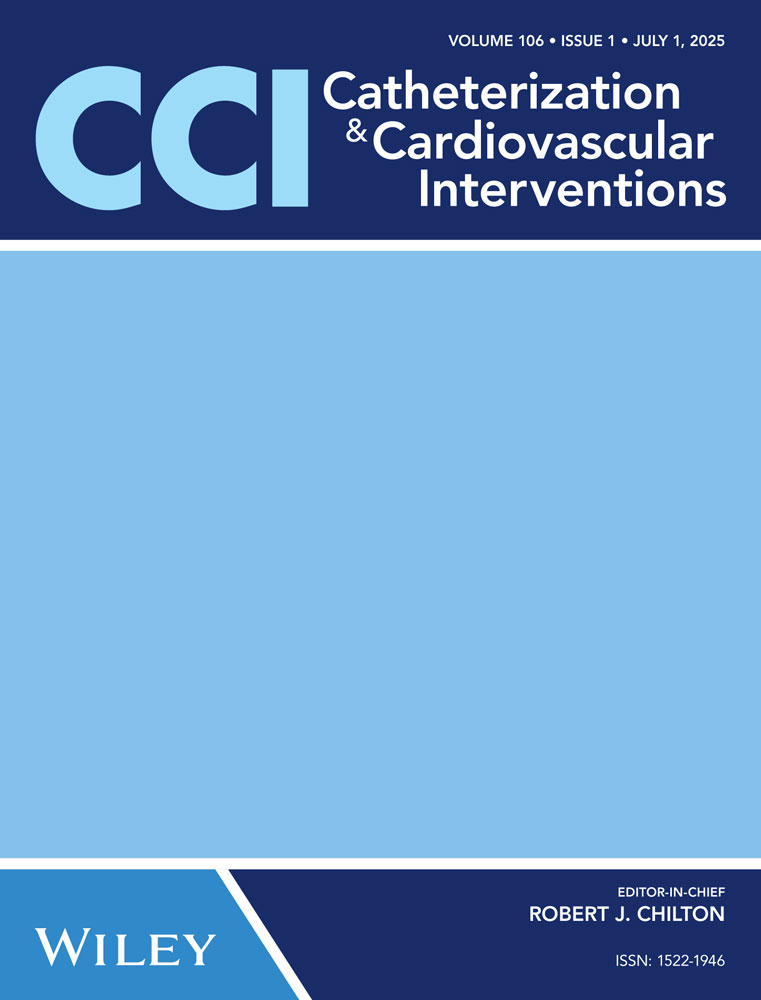Antibiotic-Induced Gut Microbiome Dysbiosis Aggravates Cerebral Injury During Extracorporeal Membrane Oxygenation
Kangmei Shao and Jian Li are contributed equally to this study.
Yongnan Li and Zhaoming Ge are contributed equally to this study.
ABSTRACT
Background
Extracorporeal membrane oxygenation (ECMO) is an effective treatment for cardiopulmonary failure. However, it is associated with severe complications, including cerebral injury, which contribute to elevated mortality and disability rates. The administration of antibiotics may lead to gut microbiome dysbiosis among critically ill patients.
Aims
This study aims to investigate the association between antibiotic-induced gut microbiome dysbiosis and cerebral injury during ECMO treatment.
Methods
The compositional changes in the gut microbiome induced by antibiotic (ABX) treatment were analyzed using microbiome analysis techniques. ECMO treatment models were established by using rat. Brain tissue pathology was assessed using H&E and Nissl staining. Serum concentrations of S100β and NSE were quantified using ELISA. Pro-inflammatory factors in the brain and serum were analyzed, and microglial activation was evaluated via immunofluorescence.
Results
Gut microbiome dysbiosis induced by ABX treatment. Compared to the sham group, significant cerebral injury was observed in both the ECMO and ECMO-ABX groups. The expression levels of S100β and NSE were significantly elevated in the ECMO-ABX group. Additionally, parameters of microglial activation, such as cell body area, total branch length, mean length of branches, and number of branch points, were significantly increased in the ECMO-ABX group compared to the ECMO group.
Conclusions
This study demonstrates that cerebral injury occurs during ECMO treatment, and antibiotic-induced gut microbiome dysbiosis may exacerbate this cerebral injury.
Conflicts of Interest
The authors declare no conflicts of interest.
Open Research
Data Availability Statement
The data underlying this article are available in the article.




